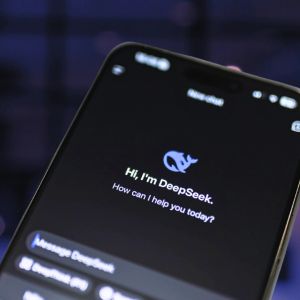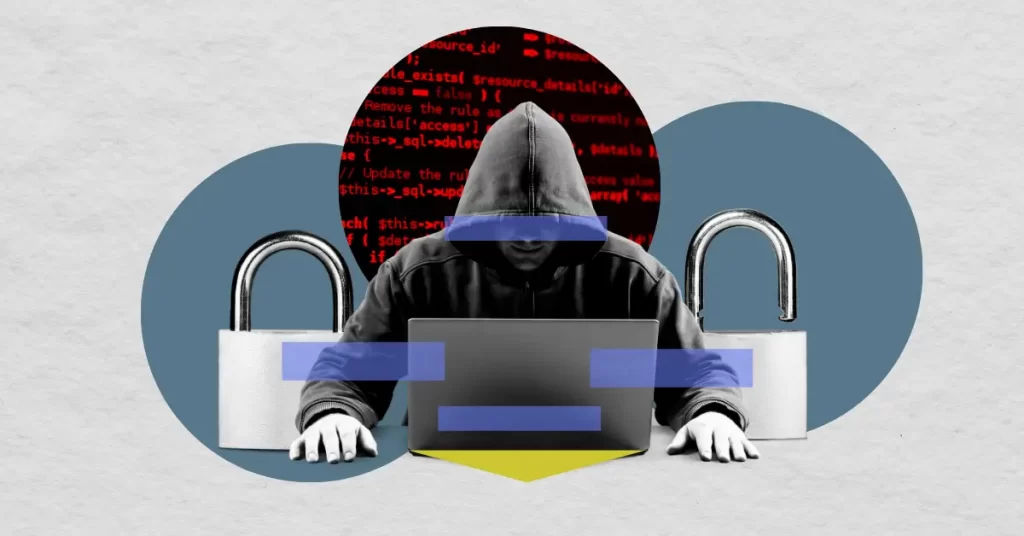A group of Republicans led by Senator Ted Budd has called for an inquiry into China’s DeepSeek over potential national security threats. They believe the company’s open-source AI model, known as R1, could leak U.S. user data. The U.S. lawmakers sent a letter about the inquiry to the U.S. Commerce Department on August 1, which was made public on Tuesday. The senators argued that the company’s AI model could leak U.S. user data to aid China’s military and surveillance efforts. DeepSeek accesses chat history and secret keys Recent reports that DeepSeek AI is sharing U.S. data with China’s government are deeply troubling. @SenTedBuddNC and I are asking the Commerce Department to ensure Americans are protected from these potential vulnerabilities. https://t.co/KdIrfRbpD1 — Senator Todd Young (@SenToddYoung) August 5, 2025 The U.S. officials also highlighted that R1 offers open-source access, which allows software engineers to modify portions of its code to meet specific purposes. They are also concerned that the AI model has been found to produce potentially harmful content at higher rates than U.S. models. Wiz Research found the R1 had a publicly accessible database belonging to DeepSeek. According to the firm, the archive allowed full control over its operations, including the ability to access internal data. The research company also found sensitive information like chat history and secret keys on more than a million lines of log streams. The senators argued that DeepSeek’s R1 did not undergo comprehensive safety tests to prevent the generation of harmful content before release. They cited an example by The Wall Street Journal, where the model produced instructions for a social media campaign encouraging self-harm among teenagers, as well as guidance for developing a bioweapon. The U.S. officials said such outputs show the dangers of deploying permissively licensed AI models without supervision. CEO of ByteNova, Chris Anderson, believes that restrictions in government systems may be warranted. He also warned of potential broader tradeoffs in the industry. “When provenance and auditability are unclear, enterprises risk unknowingly exposing sensitive data or enabling adversarial misuse.” -Chris Anderson, CEO of ByteNova. Anderson also argued that a ban on AI will lead to a monopoly among AI companies in the U.S. He believes it will slow down some AI innovations and cause issues, noting how those issues add to the challenge of decentralizing AI innovation outside of the U.S. The Senators also noted that China had found a way of embedding open-source AI models into applications and services despite its restricted access to the most advanced computer resources. The country made the improvements as part of its plan to compete with the U.S. for global AI leadership. China’s President Xi Jinping said at an April 2025 Politburo meeting that the country’s AI sector needs to be strongly oriented toward applications. Huawei founder Ren Zhengfei also mentioned that there will be a flurry of open-source software programs to meet the entire society’s needs. The senators also acknowledged that the U.S. has previously recognized threats posed by technology companies in China, such as Huawei. The U.S. Congress pushed to remove Huawei’s hardware from the country’s networks after determining that it could provide surveillance for Beijing. Senators urge U.S. government to identify threats posed by DeepSeek On #DeepSeek , the Chinese government attaches great importance to data privacy and security and protects it in accordance with the law. We have never asked and will never ask any company or individual to collect or store data against laws. China has all along opposed moves to… pic.twitter.com/uDR2QlxblC — CHINA MFA Spokesperson 中国外交部发言人 (@MFA_China) February 6, 2025 The U.S. officials urged the U.S. government to identify and evaluate any potential backdoors or vulnerabilities posed by Chinese open-source models like DeepSeek’s R1. They want the U.S. to identify any threats regarding data collected by such models being fed back to China-based servers. The senators also want the government to identify any verifiable information on DeepSeek and other Chinese AI models feeding U.S. user data to China or companies affiliated with the PRC’s military or surveillance apparatus. They also want to know how Chinese semiconductors may have violated the use terms of U.S. models to advance their capabilities. The Republicans enquired about the U.S.’s plan to use resources like the Center for AI Standards and Innovation (CAISI) to investigate how AI applications built atop Chinese AI models could harm Americans. They would also like to know instances where Chinese AI models may have accessed export-controlled semiconductors. KEY Difference Wire : the secret tool crypto projects use to get guaranteed media coverage
















